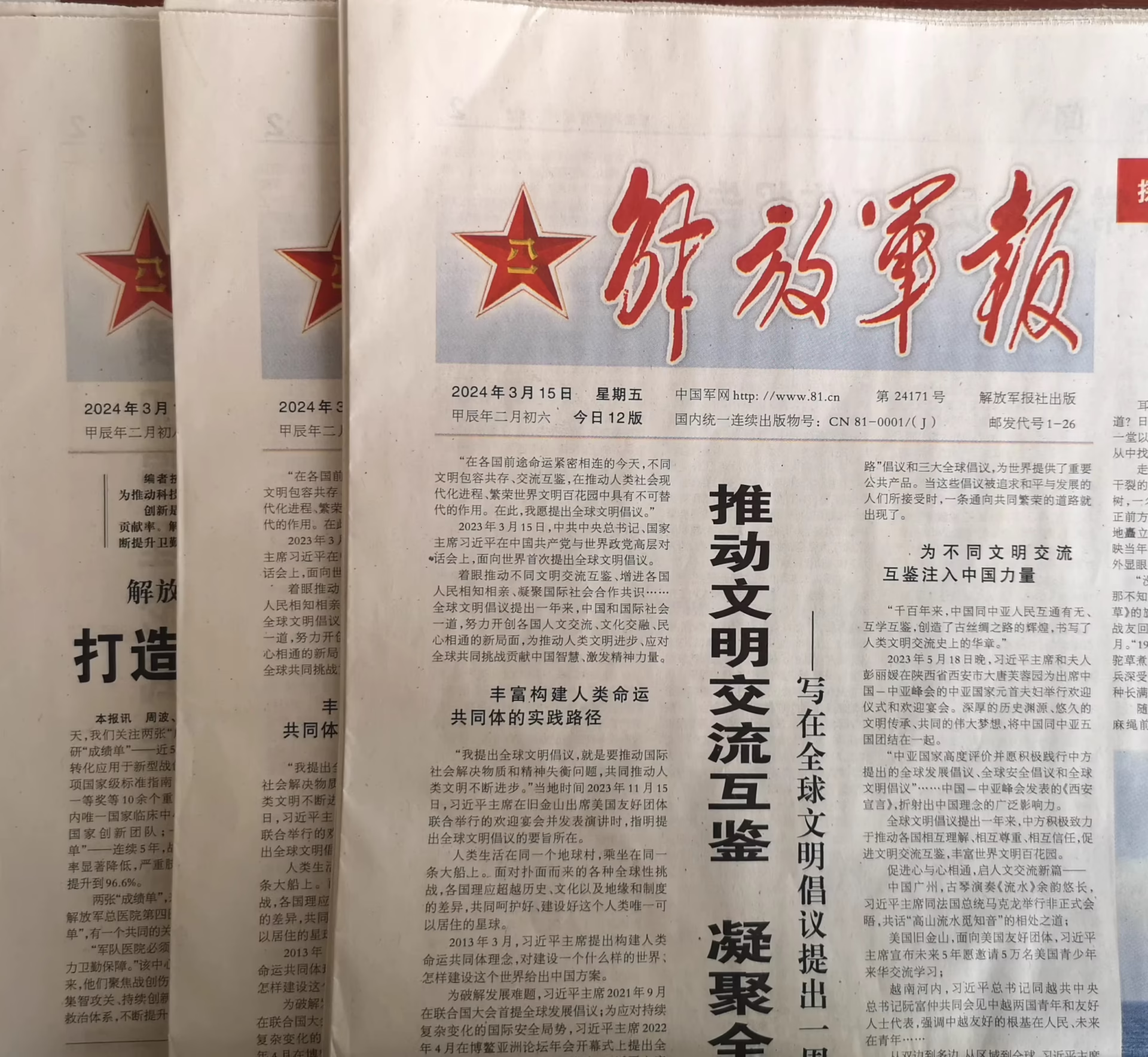PUTIN DECREE CREATES SEVEN FEDERAL DISTRICTS.
PUTIN DECREE CREATES SEVEN FEDERAL DISTRICTS.
President Vladimir Putin signed a decree on May 13 which divides the Russian Federation into seven districts, each headed by a presidential representative. The seven districts will include: a Central district, centered around Moscow; a Northwestern district, centered around St. Petersburg; a North Caucasus district, centered around Rostov-on-Don; a Privolzhsky district, centered around Nizhny Novgorod; a Urals district, centered around Yekaterinburg; a Siberian district, centered around Novosibirsk; and a Far Eastern district, centered around Khabarovsk.
As the Monitor has already reported, this reform of Russia’s federal system is aimed at bringing the country’s eighty-nine regions under stricter control by the central government, and in some ways resembles the system of “general-governors” which existed in Tsarist Russia (see the Monitor, May 11, May 5, March 14). According to the decree, the new presidential representatives will be tasked in their respective districts with ensuring compliance with domestic and foreign policy, as defined by the Russian president, and compliance with federal laws. They will also inform the federal authorities about “the political, social and economic situation” in their districts. The new presidential representatives will replace those presidential representatives who were already serving in each of the eighty-nine regions. Aleksandr Blokhin, Russia’s minister for federal affairs and nationalities, said that Putin’s decree creating the federal districts did not, in his view, violate Russian’s constitution (Russian agencies, May 14).
The decree was generally received positively, including by influential regional leaders. Tatarstan President Mintimer Shaimiev said that the federal districts and new presidential representatives for these districts “will serve as a more effective instrument for realizing the constitutional authority of the president of the Russian Federation.” Likewise, St. Petersburg Governor Yakovlev said he supported the decree and did not believe it infringed on the rights of regional governors. Yakovlev won St. Petersburg’s gubernatorial election yesterday, receiving over 70 percent of the vote. The decree received reports from other leading politicians as well. Former Prime Minister Viktor Chernomyrdin said that the decree would allow “the strengthening of the vertical of power in our country.” Former Deputy Prime Minister Boris Nemtsov, a leader of the Union of Right-Wing Forces, said he did not believe that the decree was aimed at limiting the power of the regional leaders, arguing that the decree would allow federal structures in the regions, which currently “completely depend on the will of the governors and the presidents of the republics,” to be independent because these structures will now “in essence be controlled by the president of the country.” He added that Russia’s court system should be reformed in the same way, so that the courts in a given district are answerable only to the federal Supreme Court.
One of the few dissenters was Gennady Zyuganov. The Communist leader said that while it was necessary to impose a “vertical of power” presided over by the center, in order to limit the power of regional “khans and sheikhs,” the new presidential representatives in the districts should be answerable not only to the president, but also to regional legislative assemblies. Otherwise, said Zyuganov, “we are not guaranteed against a tyranny by the presidential representatives” (Russian agencies, May 14).
SCANDAL SURROUNDING MEDIA-MOST RAID INTENSIFIES.


